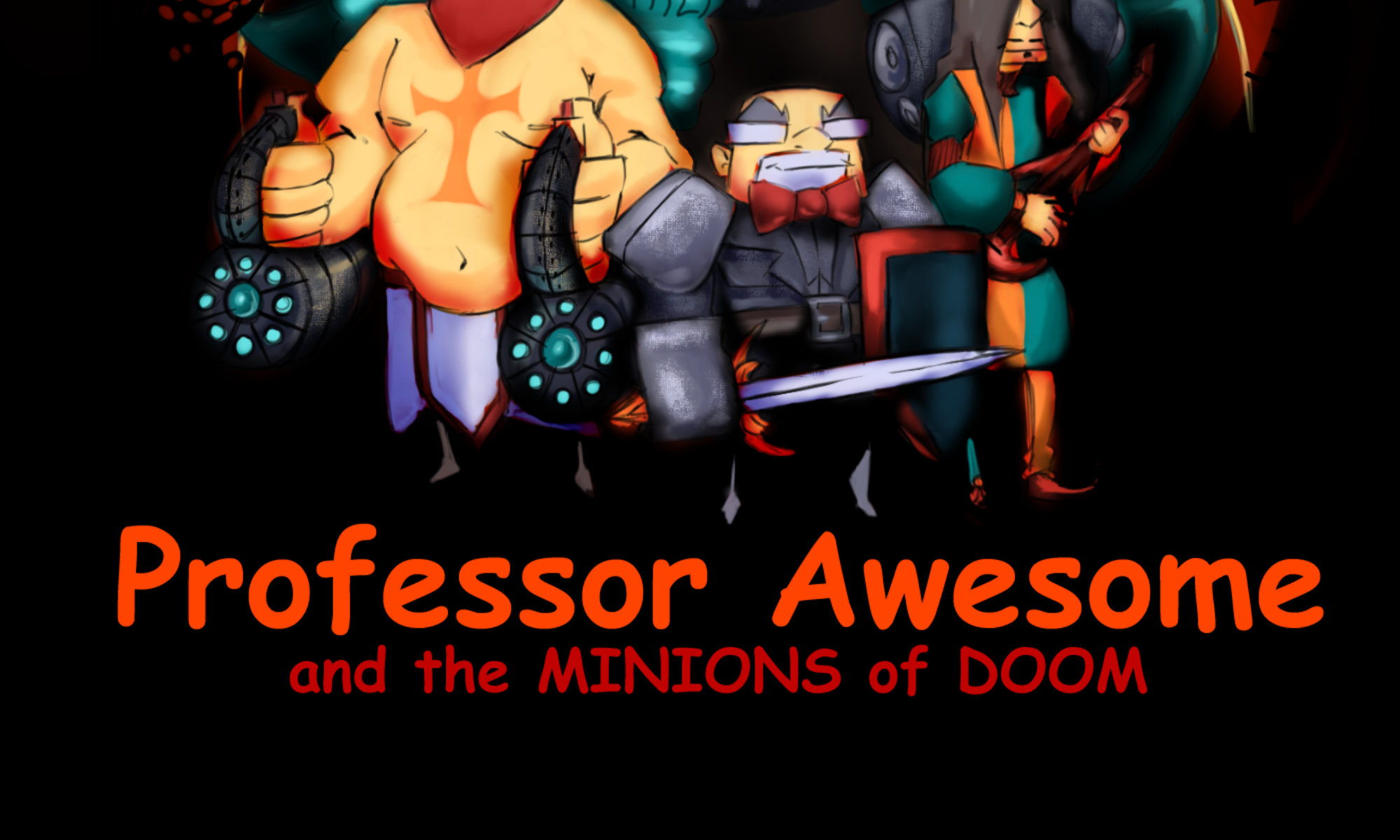Gameranx lists what they think are the “Top Twelve Best Medieval Games.” What say you all?
Mythology and Stargate Series
Mothers in Beowulf
Tolkien’s Beowulf!
Adventure Time and Geek Culture
The darkest, most complex and nuanced science fiction universe on television today isn’t Doctor Who, Walking Dead, or Helix – it’s an unassuming children’s cartoon about a boy and his dog (or perhaps a dog and his boy), Adventure Time. Set in our post-apocalyptic future, the world of Adventure Time is a childlike mix of Dungeons & Dragons with Candy Land. Just looking at still images for the show, you might think it is intended for very young children, but Adventure Time has attracted an obsessive adult fan following. Although it uses many of the common strategies cartoons use for appealing to adult viewers (such as sly adult humor references and large doses of nostalgia), Adventure Time’s main appeal is that it lovingly depicts contemporary geek culture in a complicated, meta-narrative way, without sacrificing the childlike innocence of the show.
Nostolgia about the gender roles of geek culture is an important part of the mix. To call Adventure Time non-gendered or post-gendered would be wrong – in fact, gender roles are very firmly delineated in the way that they are for middle school age children. Instead, it gleefully plays with those roles. Finn and Jake, the main adventurers, are both adolescent males, while almost every primary female character is a princess of some sort. When not approaching adventure like it is play, Finn and Jake spend much of their time playing video games with their anthropomorphized computer BMO, who looks more like a Mac Classic than a more recent computer. When they watch videos, they use VCRs rather than DVD players. The various princesses spend much of their time building their empires, but generally leave the adventuring to the boys. They are damsels, but they are rarely damsels-in-distress — they are damsels-in-charge. With the exception of the much more adult relationship of Jake and Lady Rainicorn, the drama of their romantic relationships is of the puppy love variety. Life in Adventure Time is a nostalgic view of the proto-geek world that anyone over 30 recognizes from their own childhood.
But Adventure Time doesn’t just dwell in the past; it also embraces contemporary geek culture. The series opened with a zombie-apocalypse episode, and it has had episodes focused on everything from a Magic: The Gathering style card game, to differing views of time travel, to debates about science vs. magic (read: religion). Indeed, there seems to be no type of geekiness that Adventure Time won’t happily celebrate: Music geeks, film geeks, car geeks, food geeks, Shakespeare geeks … each depiction seems to be undergirded by one underlying ethic: It doesn’t matter what kind of geek you are, as long as you unabashedly geek out. Fan fiction geekery creates a meta-narrative, as the Ice King writes gender-swapped Mary Sue fan fiction within Adventure Time, about Adventure Time. Rather than disparaging and mocking fan fic, it creates an alternate storyline that adds richness and complexity to the main story.
And that richness and nuance may be the biggest draw of all, because the show rewards fans who dig with geeky obsession. Alternate storylines, alternate universes, past lives, and complexly interwoven plots mean that everything yields to deeper examination. Indeed, I’ve literally spent hours discussing tiny details from screen captures, allusions to contemporary politics, and the sequences of subplots in relation to one another. The closing episodes of Season 5 were particularly complex, with interwoven time-travel episodes, an episode shot as if the audience were trapped inside a magical orb, and an exploration of Randian Objectivism (seriously). All that tied to gags about “Billy’s legendary crack.â€
Adventure Time isn’t simply about geek culture, it is for geek culture. Indeed, Adventure Time fans will probably read this article and argue that I’ve misrepresented some things: “If it’s not post-gendered, what about the gender-swapping episodes? Or BMO sometimes being presented as male, sometimes as female? Or Finn’s past life as a girl?†And they won’t be wrong to raise those objections, because the show invites us to critique it, to dissect it, and to produce our own fan art and fan fiction. In the end, Adventure Time is more than an object of geek culture – it is an active participant in it.


